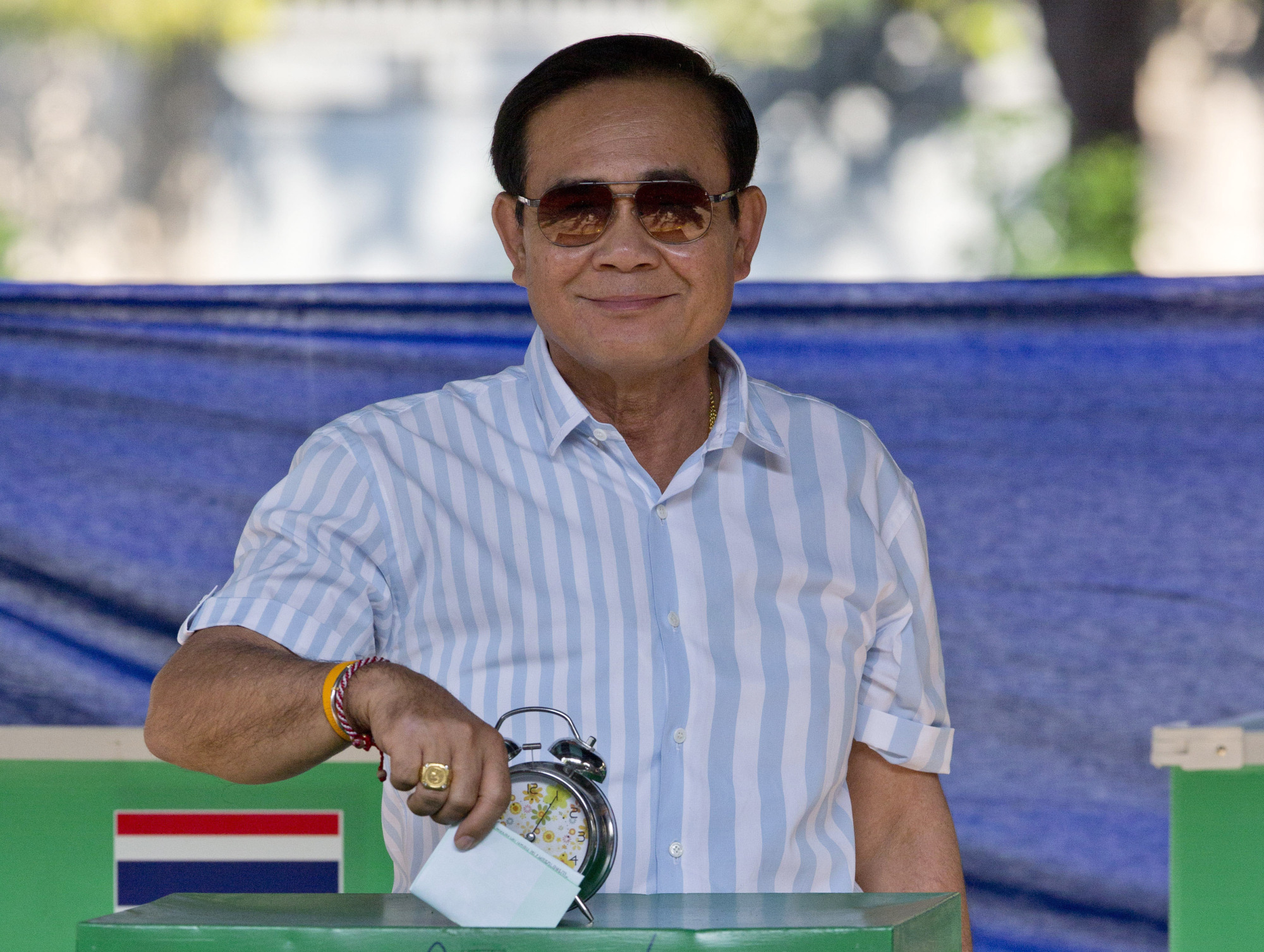To skeptics, Sunday's Thai election was yet another military coup, though carried out with ballots rather than bullets. A more hopeful assessment is that the Southeast Asian nation is finally taking politics out of the streets and to where it belongs: Parliament. Both views have merits.
Gen. Prayuth Chan-Ocha, who seized power five years ago, is poised to retain it — as an elected leader. The pro-army Palang Pracharath won 7.7 million votes with 94 percent counted, according to unofficial results posted on the Election Commission's Facebook page. The country's largest party, the former Prime Minister Thaksin Shinawatra's Pheu Thai, was pushed into second place with 7.23 million votes. It's the first electoral defeat for the pro-Thaksin camp since 2001.
But then, the dice were loaded. In theory, Prayuth requires only 126 out of the 500 Lower House seats because the 250 junta-appointed senators in the upper house have been given an equal say in selecting the next prime minister.


















With your current subscription plan you can comment on stories. However, before writing your first comment, please create a display name in the Profile section of your subscriber account page.